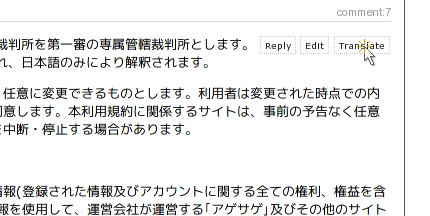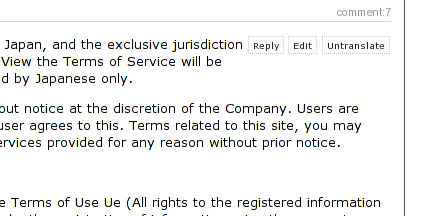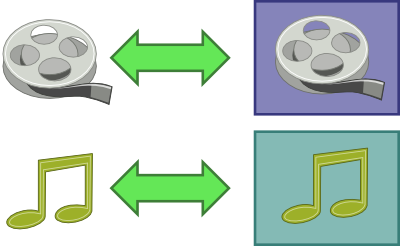On March 16, the new versions of php, namely v7.0.17 and v7.1.3, were released. This is good news for many php developers, but for us it has an extra meaning, because our patch has been accepted there. The patch that fixes ‘keep-alive’ connections in php-fpm sapi.
Php-fpm first appeared as a separate patch for php 5.2, adding a manager for fastcgi processes, that allows you to organize individual pools, monitors the execution times of workflows and much more. In the php 5.4 branch it was accepted as an official sapi, which mean we didn’t need to apply this patch every time a new bugfix version of php arrived.




